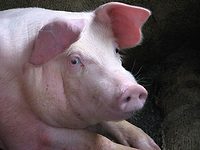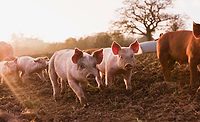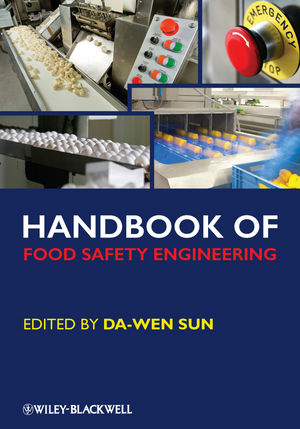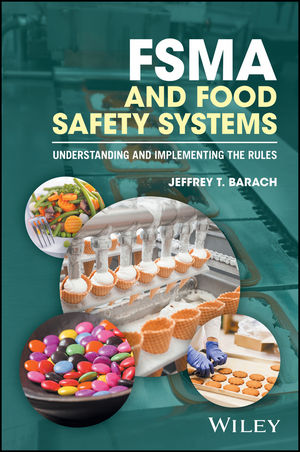USDA Prepares to Invest Up to $500 Million to Prevent Spread of African Swine Fever

U.S. Department of Agriculture (USDA) Secretary Tom Vilsack has announced a comprehensive set of investments to address challenges facing America's agriculture producers, including up to $500 million to combat African Swine Fever (ASF).
The other investments include assistance to address challenges and costs associated with drought, market disruptions for agricultural commodities, and school food supply chain issues. Secretary Vilsack also outlined and requested public comments on a new climate partnership initiative designed to create new revenue streams for producers via market opportunities for commodities produced using climate-smart practices.
The investments total $3 billion and will be made available via the Commodity Credit Corporation. Funds will be used to provide:
- Up to $500 million to prevent the spread of ASF via robust expansion and coordination of monitoring, surveillance, prevention, quarantine, and eradication activities through USDA’s Animal and Plant Health Inspection Service. ASF outbreaks have proven devastating in other parts of the world due to lost production and trade.
- $500 million to support drought recovery and encourage the adoption of water-smart management practices.
- $500 million to provide relief from agricultural market disruption, such as increased transportation challenges, availability and cost of certain materials, and other near-term obstacles related to the marketing and distribution of certain commodities, as part of Secretary Vilsack’s work as co-chair of the Biden-Harris Administration’s Supply Chain Disruptions Task Force.
- Up to $1.5 billion to provide assistance to help schools respond to supply chain disruptions.
“American agriculture currently faces unprecedented challenges on multiple fronts,” said Vilsack. “The coronavirus pandemic has impacted every stage of our food supply chain, from commodity production through processing and delivery. Farmers, ranchers and forest landowners increasingly experience the impacts of climate change as severe storms, floods, drought and wildfire events damage their operations and impact their livelihoods. We know these challenges will continue into 2022, and others may emerge. Through this comprehensive set of investments, USDA will take action to prevent the spread of African Swine Fever, assist producers grappling with drought and market disruptions, and help school nutrition professionals obtain nutritious food for students. Tackling these challenges head-on better positions USDA to respond in the future as new challenges emerge.”
Looking for a reprint of this article?
From high-res PDFs to custom plaques, order your copy today!








